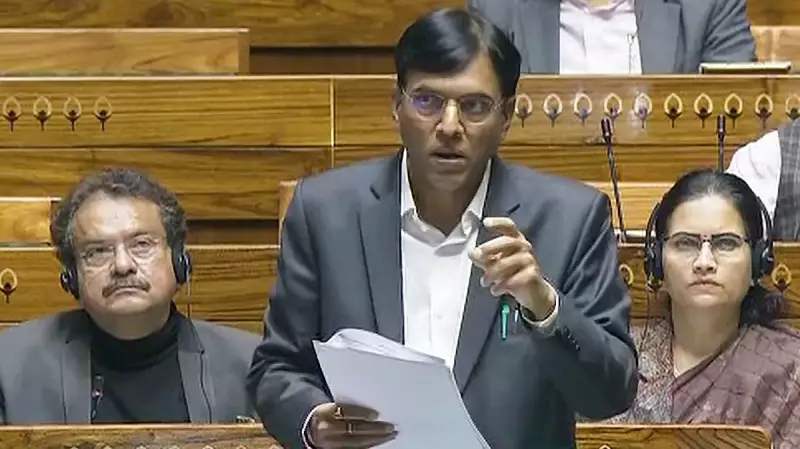
In a landmark move set to reshape India's vast employment sector, the government has formally notified four comprehensive labour codes. This significant legislative action, dated 21 November 2025, aims to rationalize and modernize the country's complex framework of labour laws.
The Four Pillars of Labour Reform
The reform is built upon four key legislative pillars that consolidate a multitude of existing regulations. The newly notified codes are: the Code on Wages, 2019, the Industrial Relations Code, 2020, the Code on Social Security, 2020, and the Occupational Safety, Health and Working Conditions Code, 2020. Together, these four labour codes streamline and integrate 29 central laws, creating a more unified and accessible legal structure for both employers and employees.
Simplifying a Complex Legal Landscape
For decades, India's labour laws have been fragmented across numerous statutes, often leading to confusion and compliance challenges. The introduction of these four consolidated codes represents one of the most ambitious regulatory simplifications in recent history. The goal is to enhance ease of doing business while simultaneously strengthening the protection of workers' rights in a structured manner.
The Code on Wages standardizes the definition of wage and aims to ensure timely payment of wages across all sectors. The Industrial Relations Code introduces new conditions for strikes and layoffs, seeking a balance between worker interests and industrial growth. Meanwhile, the Code on Social Security expands the coverage of social security benefits, and the Occupational Safety Code mandates health and safety standards for a wider range of establishments.
Implications for India's Workforce and Economy
The notification of these labour codes marks a pivotal moment for the Indian economy. Experts suggest that this consolidation will make labour regulations more transparent and easier to implement. For the nation's massive workforce, it promises a more standardized approach to wages, social security, and workplace safety.
This reform is expected to have a far-reaching impact, potentially attracting more foreign investment by creating a predictable and simplified regulatory environment. The government's move is seen as a crucial step towards aligning India's labour laws with the demands of a modern, globalized economy, affecting millions of businesses and workers across the country.






